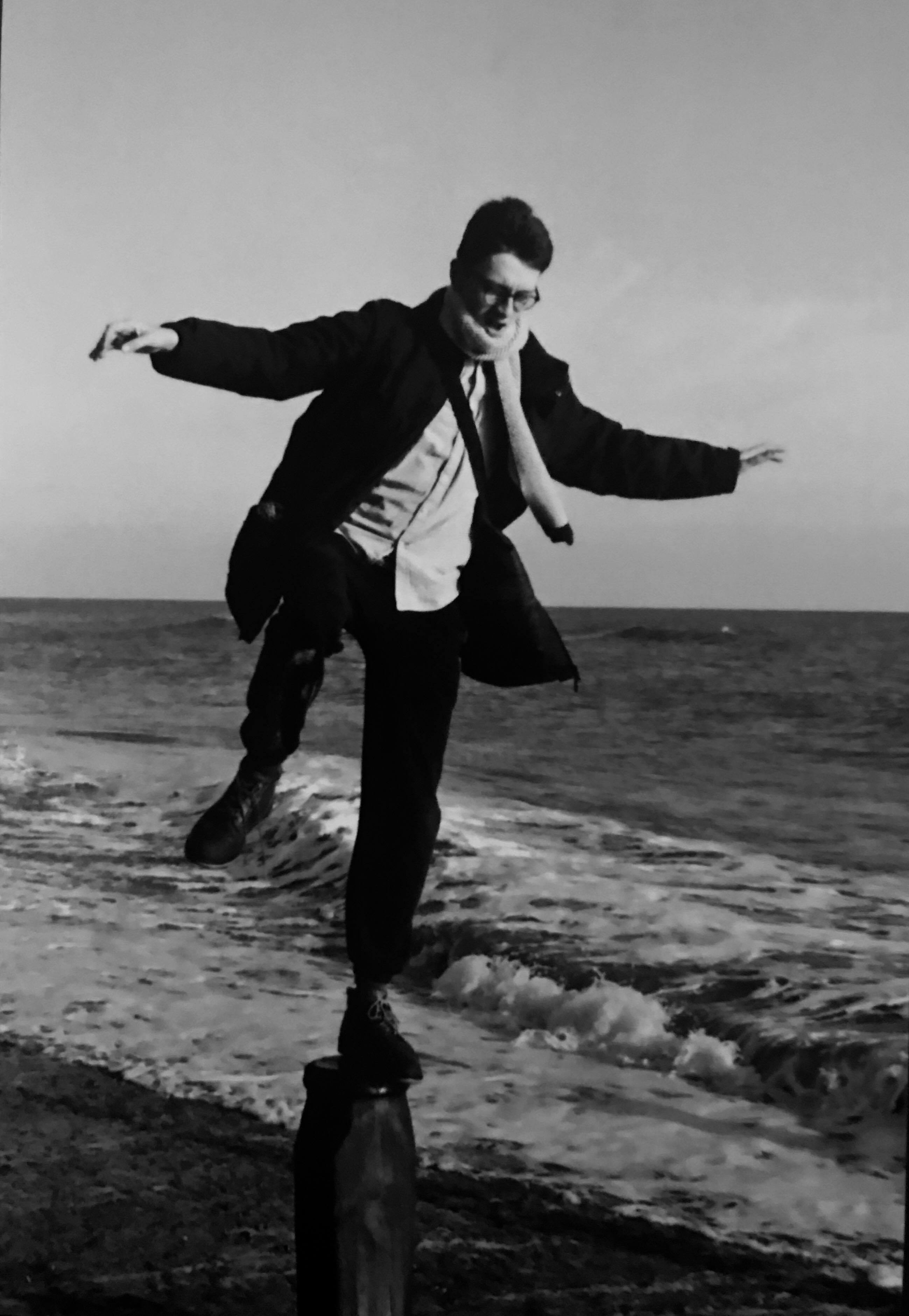

Research | Teaching & Notes | CV | Resources | Climate
Theoretical neuroscience and machine learning are both research areas that draw from a wide variety of fields (biology/maths/physics/engineering/computer science/psychology to name a few), and people join the field with many academic backgrounds. This set of materials is my ongoing list of useful background (and occasionally foreground) resources. It is very much an ongoing piece of work, if you have any comments or suggestions please email dorrellwec "at" gmail "dot" com. They are grouped by rough subject area.
There are many good free online courses in machine learning, I list three ones that either I took and enjoyed, or look good. They cover the same material, so one is enough. The usual set of pre-requisites is good basic knowledge of probability/statistics, calculus, and linear algebra. If you feel you do not have that, then I would recommend learning those first. They all have coding components, since machine learning is about using computers, so again, if you haven't learnt to code yet I would recommend doing that first.
Both machine learning and theoretical neurscience are kind of fields of applied maths, and require good maths skills. In my opinion, the pre-requisites are a working knowledge of linear algebra, probability & statistics, and calculus/differential equations. All of these are covered in thousands of courses, I list below a couple of particularly good or comprehensive options:
Beyond these basics that everyone should definitely know, I've used a few good resources to extend my maths knowledge when needed, and would recommend them to others, but only if they need to learn these specific topics for some reason:
There's a special set of resources that aim to train maths for neuroscientists. I don't know how good any of these are personally, but they've been recommended to me, may they prove useful to you:
I've been asked how to learn coding before, and I don't quite know what to answer. I, like most of the people I've met, basically learnt by trying, failing, and googling the answer on stack overflow. I recommend this route to others. Come up with some fun projects, preferably with a friend, and try coding them up. A quick prime number generator, implement an RL agent that learns to navigate a gird world, make a simple game, that kind of thing. And I'd recommend learning python, the coding language most used in science. That said, there are plenty of online resources that might help, I list a couple:
I've found it both very easy and very hard to learn neuroscience, having spent my undergrad as a physicist. To some extent there's no big theories like relativity that are universally assumed knowledge for astronmers, so there's less of a checklist of things you need to learn before you can even have a useful conversation. And I've found that if you have a specific project or question at hand then you can usually learn the requisite material from a few papers. That said, there are some core biology and neuroscience ideas that you should know, they are shocking really, and everyone should know them for culture. And once you try and start forming some cohesive understanding of neuroscience, like I was used to doing in physics, you're somewhat stumped by the fact that it appears not to exist.
In terms of basic biology, I'm talking the basics of life: DNA, cells, respiration, if you don't know this stuff you should, it's mind-boggling. I learnt it in lectures and was boggled. I suspect an author like Bill Bryson would do a good job (he has recently released a book on the human body, and the short history of nearly everything I think covers biochemistry). Beyond that I'm not sure.
Then for neuroscience I again am unsure. There's some basics you should know, about how neurons work, how the basics of information transmission could operate within them.
And then you get beyond the basics that we definitely know, and you want to understand how the brain works. Well then I'm stumped, the best I can advise is Kandel's Principles of Neural Science which is full of information and readable.
One thing I will say is that I DO NOT recommend Dayan & Abbot's theoretical neuroscience textbook. I didn't enjoy it, and I suspect it is only popular because it is the only such textbook in existence.
Other people have written similar lists to me, I recommend refering to them too:
Last updated: Sept 2025